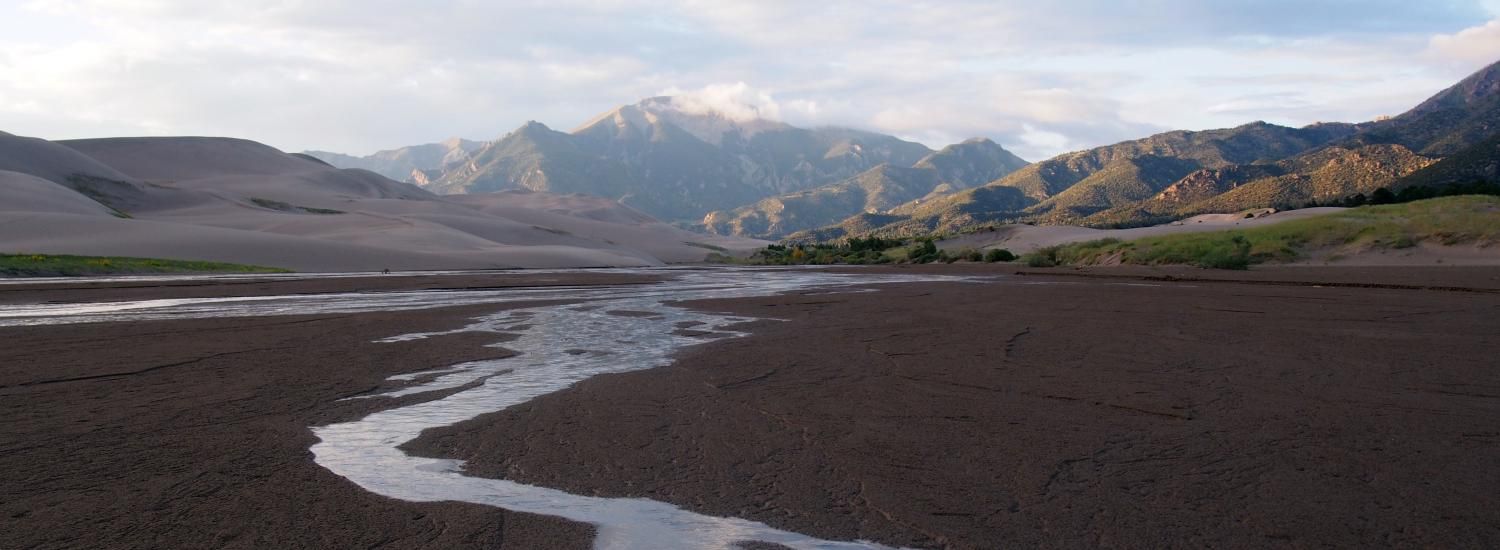New Western Water Assessment director: Ben Livneh
As climate resilience moves to the forefront, new leader takes the reins

On October 1, 2021, Ben Livneh adds a new title to his resume: Director of Western Water Assessment (WWA), a NOAA-funded program. Livneh, a CIRES Fellow and Assistant Professor of Civil, Environmental, and Architectural Engineering at the University of Colorado Boulder, began working with CIRES and WWA as a Visiting Fellow in 2012, researching how bark beetles and dust on snow affect regional water resources.
As WWA director, Livneh will support communities and water entities across Colorado, Utah and Wyoming in using science to build resilient communities and water systems, including underserved rural and Indigenous groups. “I'm excited to make connections between the science being done across CIRES and users of scientific information, the regional relevance of WWA, and the aim towards actionable knowledge. WWA has a 20-year history and a great team of core staff and faculty that I'm looking forward to working with,” Livneh said.
Livneh succeeds WWA Director and CIRES Fellow Lisa Dilling, who capped her seven-year tenure in September with a renewed round of funding ($5.4 million) for WWA. She will continue to work as one of WWA’s principal investigators and a Professor of Environmental Studies at CU, and is embarking on new research on decarbonization of the energy system.
Dilling highlighted the shift in public perception and needs related to climate over her tenure. “People who live close to natural resources, whether water managers or farmers or recreationalists, know that our climate is changing. The challenge now is not one of recognition of the problem; it’s what can we do about it. Perhaps the biggest challenge now is to figure out how to build resilience in a just and equitable way, focusing on frontline communities who will suffer the greatest impacts and have fewer resources to cope with the changes that are coming to the Intermountain West. That is the challenge WWA is rising to in the next 5 years.”
While serving as director, Livneh will continue teaching hydrology classes to undergraduates and graduate students at CU Boulder, will keep playing guitar with the band Paper Moonshine, and keep on spending time in our breathtaking wilderness, he said—“to appreciate the scale and scope of the issues facing our region.”